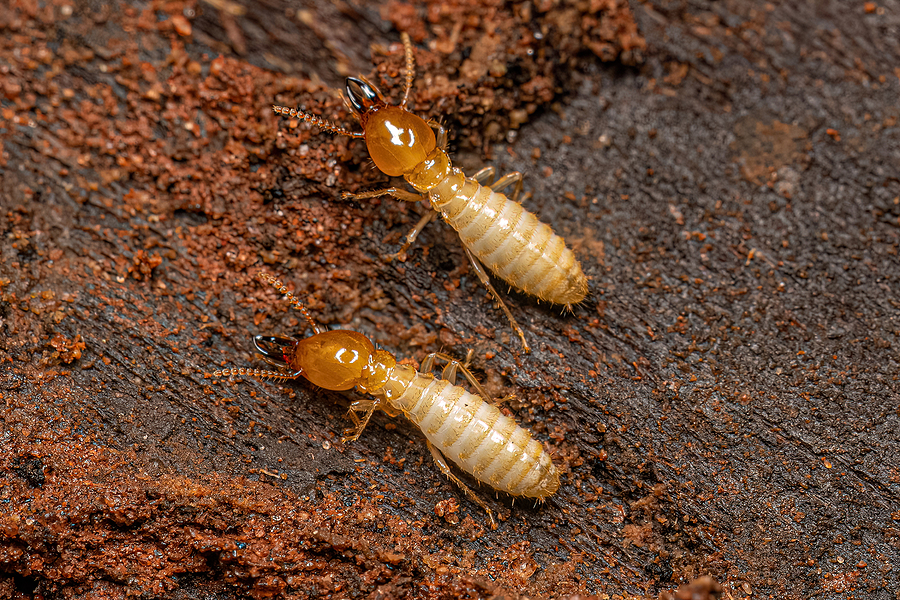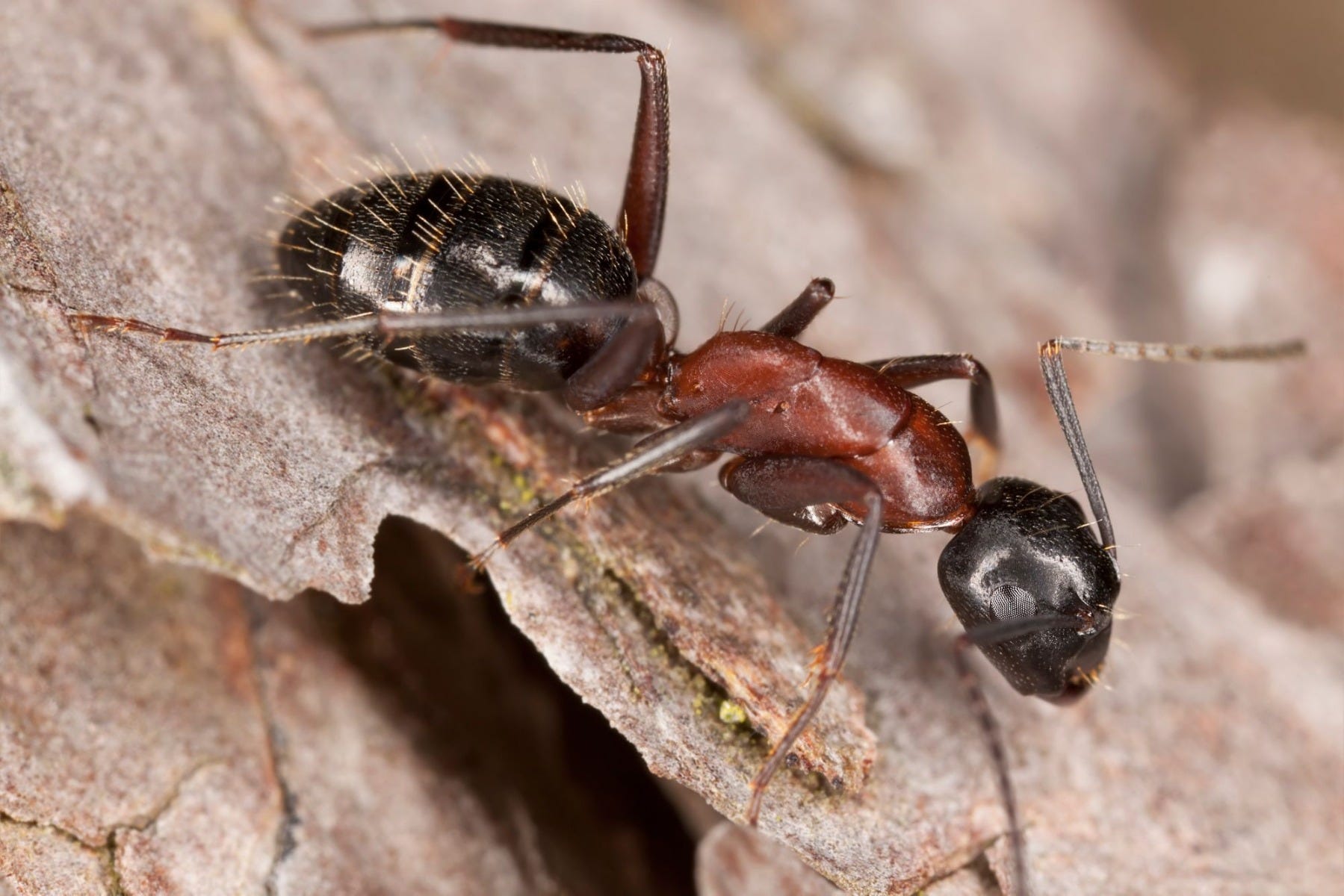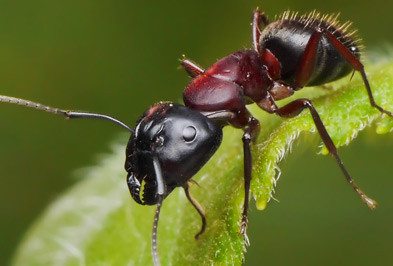Comprehensive Termite Control: Safeguard Your Residential Or Commercial Property with Expert Services
Comprehensive Termite Control: Safeguard Your Residential Or Commercial Property with Expert Services
Blog Article
Environmental Influence of Insect Control: Balancing Performance With Sustainability
The environmental impact of bug control is a crucial problem that needs a fragile equilibrium between accomplishing effectiveness in managing insects and guaranteeing sustainability of our ecosystems. From the usage of unsafe chemicals that leak right into our soil and water to the unintentional repercussions on non-target species, the effects of conventional parasite control techniques are far-ranging.
Harmful Chemicals in Pest Control
The usage of hazardous chemicals in bug control presents considerable environmental and health and wellness dangers that necessitate mindful factor to consider and mitigation techniques. Herbicides, chemicals, and insecticides are typically utilized to eliminate pests, however their widespread application can lead to unintentional consequences. These chemicals can pollute soil, water sources, and the air, influencing not only the targeted bugs but additionally useful bugs, wildlife, and humans.

To attend to these dangers, integrated parasite management (IPM) methods are being promoted as an extra sustainable choice. IPM involves a mix of techniques such as organic control, environment control, and the targeted use of chemicals as a last hope (ant control statesville nc). By taking on a holistic strategy to pest control, we can minimize the ecological and health impacts associated with dangerous chemicals while properly managing pest populaces
Effect On Non-Target Species
Taking into consideration the unplanned effects of parasite control approaches, the effect on non-target species is an essential facet that requires extensive examination. While insect control steps intend to target particular insects, other organisms in the ecological community might be accidentally influenced. Non-target types, including helpful pests, birds, creatures, and even plants, can suffer indirect or direct harm from chemical applications or organic control techniques.
Pesticides designed to combat a certain insect bug may damage pollinators like bees or all-natural killers such as ladybugs. Organic control representatives, if not species-specific, can position risks to unplanned targets, interrupting the ecological balance.
To minimize the impact on non-target varieties, integrated bug management (IPM) strategies that highlight a holistic technique to pest control are recommended. These methods prioritize the usage of ecologically pleasant methods, reducing damage to beneficial microorganisms while effectively taking care of pest populaces. Conducting comprehensive risk analyses and checking the outcomes of parasite control efforts are essential action in securing non-target species and advertising general ecosystem health and wellness.
Soil and Water Contamination
Unplanned ecological consequences of parasite control techniques prolong past influencing non-target types, with substantial ramifications for dirt and water contamination. Pesticides, herbicides, and chemical fertilizers used in pest control can seep into the dirt and pollute groundwater, positioning a hazard to both aquatic and earthbound communities. Dirt contamination can interfere with the equilibrium of microorganisms vital for nutrition biking and plant growth, resulting in ant control apex nc lowered soil fertility and productivity. These chemicals can continue in the setting for extensive periods, accumulating in the soil and possibly entering the food chain.
Water contamination is another vital concern linked with pest control methods. To alleviate dirt and water contamination from pest control tasks, integrated pest management methods that prioritize sustainability and reduce chemical inputs are critical.
Air Pollution From Pesticide Use
Direct exposure to airborne chemicals throughout farming applications postures a substantial concern for air contamination control measures. When chemicals are sprayed onto plants, they can volatilize into the air and kind unpredictable organic substances (VOCs) and various other airborne pollutants. These chemicals can contribute to the formation of ground-level ozone, a major component of smoke that can have harmful impacts on human wellness, plant efficiency, and total air high quality. Additionally, pesticide drift, where pesticides are carried by the wind to unintentional locations, can lead to the contamination of neighboring communities and water bodies.

Techniques for Sustainable Parasite Control
In the world of agricultural techniques, applying sustainable parasite control techniques is extremely important for keeping environmental balance and safeguarding plant returns. Sustainable pest control emphasizes using eco-friendly techniques to manage parasite populations effectively while decreasing injury to non-target microorganisms and ecological communities. Integrated Parasite Administration (IPM) is a widely embraced method that incorporates biological, social, physical, and chemical control methods to achieve long-lasting pest monitoring options.
One trick method in lasting bug control is promoting biodiversity within agroecosystems. By improving natural enemies of parasites, such as parasitoids and predators, farmers can reduce the requirement for artificial chemicals. Crop rotation and diversity are also effective techniques to interfere with pest life process and create less positive conditions for insects to prosper. Furthermore, making use of pest-resistant plant varieties and utilizing methods like trap cropping can assist reduce pest pressure without relying heavily on chemical interventions. Ultimately, by incorporating these sustainable parasite control techniques, farmers can attain a balance between pest administration effectiveness and environmental stewardship.
Conclusion
To conclude, the ecological effect of pest control approaches need to be very carefully considered to balance effectiveness with sustainability. Harmful chemicals utilized in pest control can bring about soil and water contamination, air pollution, and injury non-target species - ant control. It is crucial to apply sustainable parasite control approaches to decrease these adverse effects on the atmosphere and promote a healthier ecological community for future generations
By embracing an alternative technique to pest control, we can reduce the ecological and health impacts connected with hazardous chemicals while effectively taking care of pest populations.

To alleviate the air contamination created by pesticide use, it is essential to adopt incorporated bug monitoring techniques that prioritize the use of non-chemical insect control techniques, such as crop turning, natural predators, and resistant plant ranges. Sustainable bug control emphasizes the usage of ecologically friendly methods to handle pest populaces properly while decreasing injury to non-target organisms and communities. Integrated Parasite Administration (IPM) is a commonly adopted approach that integrates organic, social, physical, and chemical control approaches to achieve lasting pest monitoring solutions.
Report this page